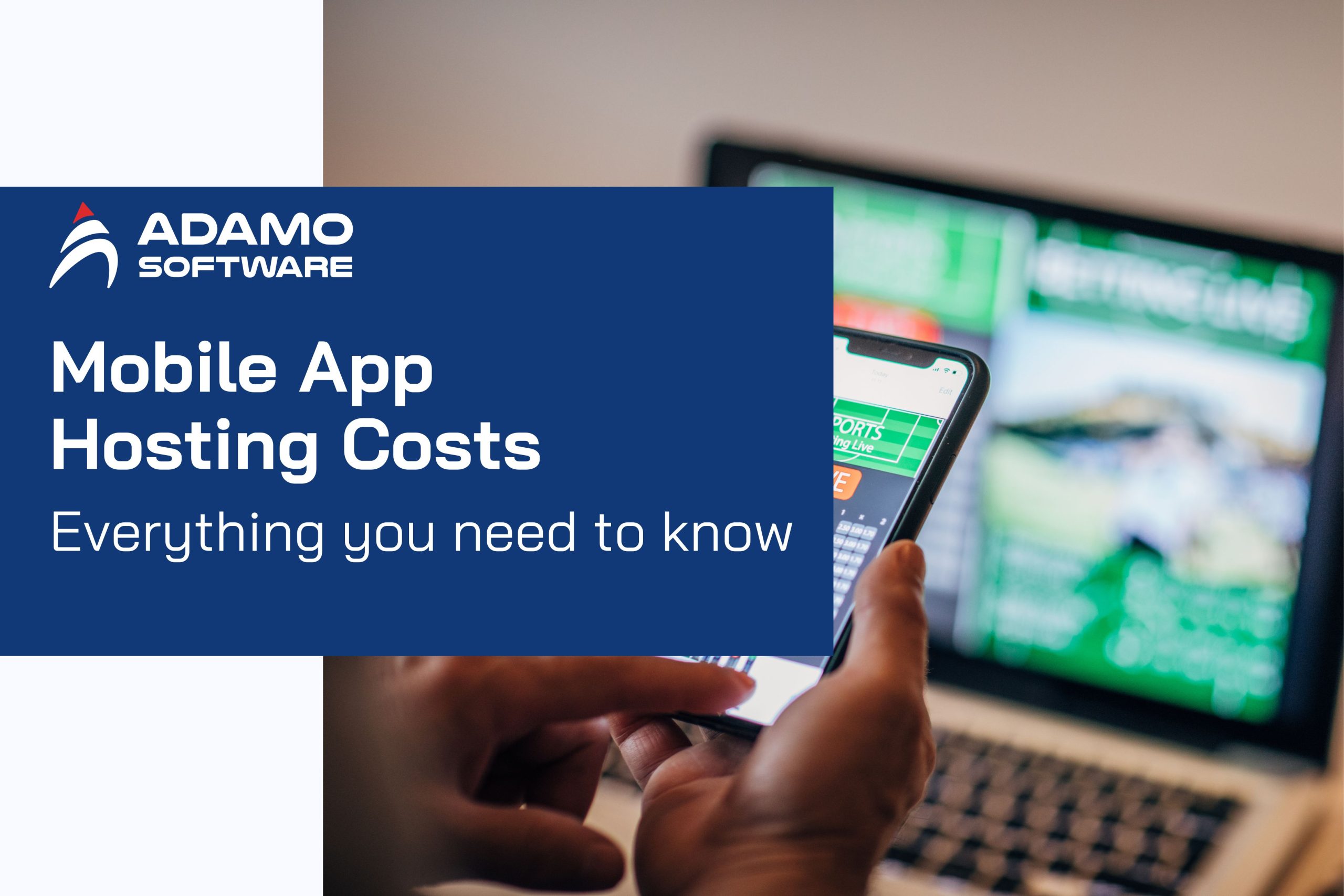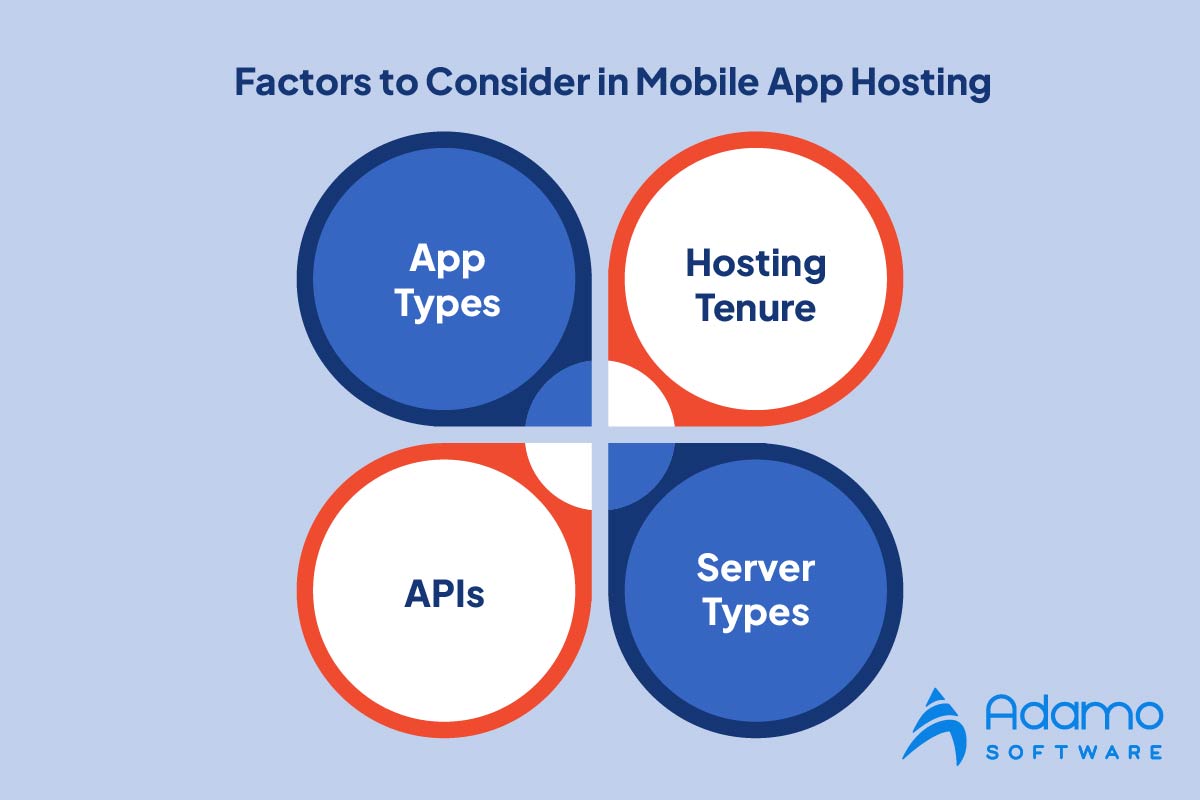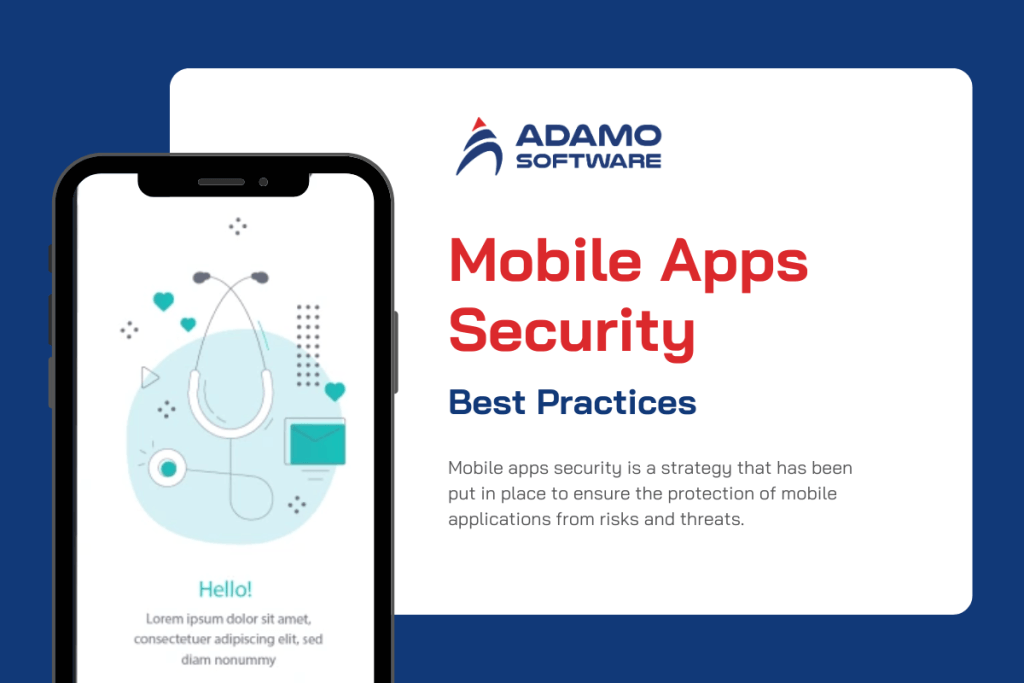Mobile app hosting costs: Everything You Need to Know 2026

The mobile app hosting costs are expected to attain a valuation of $72.5 billion by the end of 2026. Clearly, people are willing to pay a lot to host their apps.
As you commence development on an iOS, Android, or Amazon Echo app, you may realize that you will need a server to host the content that will be served to users who access the app. Whether you are creating a new app or searching for methods to reduce mobile app hosting costs, one question is crucial. What does an app server cost?
The answer to this query varies widely depending on the individual. As you might expect, hosting the Netflix app will be prohibitively expensive compared to other apps that are gaining popularity. However, we will outline some of the standard mobile app hosting costs in this article. Consequently, you have a general concept of how much you will need to spend.
I. Why Do We Need Mobile App Hosting Fees?
In mobile app development, writing code alone is insufficient. Obviously, if you created a very simple app like a calculator, the entire backend would be on the user’s device. But if the app has a backend with more complex functions, the app must exist somewhere, and something must ensure that the queries are executed in it.
Mobile app hosting enables you to operate the backend on a service provider’s servers or in the cloud, such as Amazon Web Services (AWS) or Google Cloud Platform (GCP). They provide a platform for hosting your app. Avoid confusion regarding app distribution, which is handled by the App Store and Google Play, which we will discuss later.
Hosting mobile apps is comparable to hosting web apps. The user also acts or submits a request, which is processed by the computer responsible for mobile app hosting.
II. Factors to Consider in Mobile App Hosting Costs
Mobile app hosting costs can vary significantly such as content, how many active end-users and a growth rate of projects. On average, the app hosting server ranges between $70 and $320 per month. The exact price you’ll pay for app hosting is contingent on several variables, including the following:

1. App Type
When calculating mobile app hosting costs, this is one of the primary factors to consider. In any case, a complex and feature-rich app will require a more robust hosting platform than a simple app.
If you’re working with a dedicated development team or agency (which is highly recommended unless you have an extensive background in the tech and development world), ask them for their hosting recommendations. They will be able to provide expert advice based on their experience and will advise you on the type of hosting you should engage in to support your app (and your customers).
2. Server Type
Next, you must consider the type of server you will use to host your app. Would you like to utilize a shared server? An individual server?
Your app is hosted on the same server as multiple other apps with shared hosting. With dedicated hosting, your app occupies the entire server.
Dedicated servers provide more privacy and may operate more efficiently than shared servers, particularly as the number of app users increases. However, shared servers are significantly less expensive than dedicated servers.
If you have a limited budget, a shared server may be the best option. Nonetheless, if you anticipate a large number of users right away, you may want to consider a dedicated server.
3. Hosting Tenure
Most app hosting plans are limited in duration. After a certain period, you will be required to renew your contract and join a new hosting plan.
Keep in mind that long-term hosting plans are typically less expensive per month than short-term plans. However, if you are unhappy with your long-term hosting service, you will have to wait a considerable amount of time before you can transfer to a new one. Before reaching a decision, it is essential to conduct sufficient research.
4. APIs
An API, or Application Programming Interface, is an intermediary instrument that enables two apps to communicate with one another. The easiest approach to comprehending an API is to compare it to a waiter. The waiter is the liaison between you and the kitchen, determining what you want to eat and bringing it out as soon as possible.
APIs streamline the app development process and facilitate interoperability between applications. They offer numerous advantages, but they may also affect the complexity of your app and your overall mobile app hosting costs. Your dedicated development team can provide additional insight and consider this data when assisting you in making the best hosting decisions.
5. App licensing
Many individuals believe that mobile app hosting costs include the cost of software licenses. However, this is not always the case.
Occasionally, you may be required to pay for both the license and the hosting service before using them. Before committing to a particular hosting service, conduct research to determine if this applies to you. In this manner, you will avoid unpleasant surprises when the bill arrives.
III. Advantages of Cloud Mobile App Hosting Costs?
1. Scalability
Scalability is the essential advantage presented by cloud hosting in comparison to earlier technologies. In hosting via the cloud app, opportunities for infrastructures to operate multiple servers to increase capacity are made available. This scalability is permitted to accommodate unanticipated traffic spikes. It also enables the development of an infrastructure that can adapt to future needs.
2. Flexibility
By provisioning the parameters of the virtual machines instantaneously across the network, cloud hosting enables the flexibility to use the optimal solution for any given circumstance.
3. Cost
Cloud hosting is frequently based on a pay-as-you-go model, indicating that mobile app hosting costs can be adjusted based on usage. In contrast, web hosting is typically offered for a fixed monthly or yearly rate.
4. Security
Protecting website and application data from malicious actors, cloud providers provide robust physical and virtual security for the servers on their network. Security layers for cloud hosting include firewalls, identity management, and access control, Secure Sockets Layers (SSL) for data transmission, and more.
Also read: Mobile App Security: What is it? How to secure mobile apps
5. Reliability and performance
Because cloud hosting utilizes multiple servers dispersed across the cloud network, it offers excellent reliability and uptime. If one server on the network fails, another server can provide service in its stead. Similarly, cloud hosting offers improved performance, with servers in various regions delivering content to users more quickly.
IV. Mobile App Hosting Costs: How does it cost to host a mobile app?
One may become perplexed by the various cloud hosting options available. Below is a list of the most prospective cloud service providers to give you an idea of the mobile app hosting costs.
_ Free Tier & Free Trial: Most providers offer either a Free Tier or a Free Trial to allow users to begin developing apps for free.
_ Usage-based Model: In most cases, mobile app hosting providers will employ a pay-as-you-go pricing model that charges consumers based on their usage of the app.
_ Fixed Pricing: Alternately, some vendors provide a predefined resource structure with a pricing model.
_ Pricing range: Monthly entry-level pricing begins at $5.
Now, let’s compare some vendors.
1. Back4App
Back4App makes it simple to create, host, and manage apps using open-source technologies. Here, it is easier to construct relational models and execute complex relational queries on a serverless platform. Back4App provides the following capabilities:
_ Managing and creating a Data model: To observe analytics, schedule and send push notifications, use an all-inclusive dashboard for effective data manipulation and management. Utilize the Parse dashboard for class creation and data management.
_ Rest/ GraphQL API tool: The API tool enables fast and simple access to all other features and operations of the REST/GraphQL API. This tool enables API experimentation and debugging without the need to write code.
_ Automatic emails: Back4App enables the automatic sending of greeting and verification emails to users. Apply the HTML template to this element.
_ Social login: Users can be linked through third-party social networks or standard logins with just a few lines of code. Back4App takes care of things like changing passwords, connecting accounts from different networks, and keeping all data safe.
_ Set up tasks to execute in the background: Through the Dashboard, it is now easier to schedule recurring duties such as data updates, lengthy computations, and sending engagement emails. It is also possible to personalize and observe job status information as needed.
* Pricing
Back4App provides transparent and all-inclusive pricing.
Sign up for free! This plan does not require credit and is optimal for prototyping, learning, and development. Choosing the shared plan, which includes complimentary features, is recommended when launching an app using serverless architecture. A shared plan costs between $5 and $100.
The dedicated plan, which offers shared features, is optimal for production applications requiring dedicated infrastructure resources. The Silver, Gold, and Platinum tiers of the dedicated plan cost $200, $320, and $800 respectively.
3. Heroku
As a platform as a service or PaaS, Heroku enables developers to operate, construct, and run applications entirely in the cloud. Heroku’s low computational requirements make it appropriate for small and medium-sized enterprises.
* Pricing
Heroku’s prices vary based on the user’s preference, as the platform offers four distinct pricing plans.
First, Free and Hobby, which ranges from zero to greater than zero. It is suitable for non-commercial applications such as minimum viable products, proof of concepts, and personal projects.
Second, Production, which costs $25 per month and up, should be used for business-oriented applications such as APIs and internal web apps. Third, Advanced, which costs $250 per month and up. Advanced is optimal for mission-critical applications with intricate functionality.
Enterprise pricing is recommended for applications that meet the requirements of large-scale organizations.
3. Firebase
Mobile app landing pages and web apps have never been so simple to deploy. Firebase Hosting permits the automatic configuration of an SSL certificate for each deployed website.
Pricing
Firebase provides various pricing plans. There are numerous options available for the user’s selection.
Available programs include the Free Spark Plan and the Pay as-you-go Blaze Plan. Both offer products ranging in price from $0 to $5 per hour. Other price categories are patterned after Google Cloud.
4. Digital Ocean
DigitalOcean provides various platforms on which businesses can construct websites that are optimally suited to their needs.
Pricing
Pricing varies based on customer preference and product. Elemental particles range from $5 to $96 on their own.
As society modernizes and evolves, technology catches up. Hosting in the cloud and cloud computing provide a competitive advantage in the digital world. The modernization process is just beginning.
V. Adamo Software Provides You The Best Mobile App Development Services
As a leading software development company, Adamo Software offers lucrative mobile app development services, web application development, AI development services and so on. We have profound experiences in many industries from travel and hospitality, food and beverage software development, healthcare, and blockchain. Exploring more other mobile app development services at Adamo.
If you have business ideas and want to transform into an innovative software application, do not hesitate to contact us or request us at hello@adamosoft.com. Hopefully, the article helps you know more about mobile app hosting costs.





